
The laughter of ambitious Ethiopian women diaspora from the Middle East echoes through the halls of the fourth floor of the Helen Building around the Lideta area. The beaming faces of 203 women who take hairdressing, makeup and textile production courses are glints from a band rising from the ashes of scorching desert careers.
A collective of Ethiopian women from Lebanon branded "Egna Legna Besidet" offers a safe space and a sisterhood to women who are survivors of labour, sexual and financial abuses.
The organisation, which roughly translates to "support amongst ourselves", offers all the courses free of charge and gives stipends for those too impoverished to pay for the commute.
Rahel Kassahun, a proud mother to a daughter, is one of the women who has found support at the foundation. She foresees self-employment upon finishing her course. She had spent 11 years in Lebanon before the country was shaken by an explosion at an ammonium nitrate warehouse in 2020 that sounded the final alarm on an economic freefall that is still happening.
She says that the US dollar became a prized possession that employers did not want to dispose of. She recollects losing a friend to suicide during her final months in the country, which was a breaking point.
"I was devastated," she told Fortune.
According to Rahel, the only good thing that came from her stay was the education her daughter received; now studying accounting. Egna Legna provided Rahel with assistance that covered her flight, medical expenses, and accommodations during her departure.
Her story is shared by 800 other women who were bolstered up by the organisation as they made their way out of the country on a sharp fall.
Egna Legna represents the re-emergence of hope for many of these women traumatised by years of labour with little to show for it. While the foundation used to pay for classes at other skills training centres, it has received certifications this year to offer courses on its own.
Sara Markos, the deputy administrator at the foundation in Ethiopia said the most traumatised returnees get offered counselling services before they begin taking classes.
She has observed that some women who did not have a place to socialise and learn new skills slip into depression. Although they want to accommodate more women, Sara stressed that financial constraints force them to strict quotas on the number of students.
"More support from the government would go a long way," she told Fortune.
Egna Legna Besidet was founded six years ago by Banchi Yemer, a former housemaid in Lebanon who had enough of seeing her fellow citizens subject to sexual assault, exploitation, physical abuse and humiliation.
Banchi said hunger, physical isolation, sexual abuse, withheld wages and subhuman treatment are in the cards for women who seek employment as housemaids in the Middle East.
She recalls escaping after being given off as a gift to the in-laws of her employer's son witnessed several horrific stories and recalls unfortunate incidents where women have jumped from the very balcony she sleeps on.
"I worked on several posts for seven years before launching the organisation," she said.
Upon hearing horror stories of abuse from fellow Ethiopians at a community centre, Banchi coughed up the five dollars in her pocket, banded with five other women and started distributing food to stranded Ethiopian women living in the country.
"We chipped in whatever we could to help our sisters," she reflects on the initial three-year period before a fortuitous GoFundMe campaign that corralled 300,000 dollars from all around the world.
Following support from international organisations such as the International Labour Organisation (ILO), Amnesty International and Global Fund For Women, Egna Legna now provides medical and legal assistance, skills training mentorship and food assistance to thousands of women through its centres based in Lebanon and Ethiopia.
An ILO study from 2017 shows that most Ethiopian migrant workers in Gulf countries (Saudi Arabia, Kuwait, the United Arab Emirates, Qatar, Bahrain, Oman) are engaged in forced labour, confiscation of passports, maltreatment and withheld salary payment. Over a million Ethiopians are estimated to be living in the Middle East with a significant portion being illegal migrants.
The situation is exacerbated for women who are part of the Kafala sponsorship system, a custodial framework that administers employment modalities for migrant workers in the Gulf countries where a staggering 100pc in Oman, 81.8pc in Lebanon and 75.5pc in Kuwait are employed as housemaids.
The saga continues as a Human Rights Watch report released last week indicates the death of hundreds of Ethiopian migrants by Saudi Arabian forces while they made their way across the Sadaa region in Northern Yemen between March 2022 and June 2023.
Another report in July by the Mixed Migration Center, an independent data institution within the Danish Refugee Council, stated that Ethiopians were being “systematically” killed by “security officials operating under Saudi Arabian state authority”.
Banchi recognised the importance of establishing an accommodative environment when the women returned to Ethiopia and began the school as a safe space to hone skills and come together.
"It's heartbreaking to learn that some have gone back due to economic obstacles," she reasoned on the necessity of the training centre kicked off this year.
She fervently cautions young Ethiopian women from migrating to the Middle East until the Kafala system is abolished and migrant housemaids are included within the mandate of the respective country's Labor Ministry.
"No one should even think about it," she told Fortune.
Egna Legna was awarded the UN World Humanitarian Award for 2023 a couple of weeks ago for exhibiting an enormous impact in assisting victims of the Kafala system who suffered multiple traumas at the hands of their employers and witnessed several unfortunate incidents that left a scar.
Meanwhile, a running theme of funds misplaced by family members and a sense of being lost upon return is ubiquitous in their stories.
Tigist Waltenigus is a counsellor and co-founder of Erq Ma'ed Psychosocial Support Service who has worked with several women who have gone through significant trauma, including returnees from the Middle East.
She discloses that isolation is enough to cause trauma while acknowledging that women returnees go through much more painful incidents.
Through astute discernment, Tigist indicated that most of these women select partners that are toxic to their well-being due to the pain they have lived through, showcasing the importance of creating awareness, resilience and healing.
"Pain forces you to live in the past," she told Fortune.
Extensive trauma colours decision-making, emotional regulation, sense of personal boundary and impacts the feeling of safety, according to Tigist.
"Healing from trauma is absolutely critical for a functional life," she told Fortune.
While the counsellor acknowledged the difficulty of giving one-on-one sessions to all returnees, the potential of addressing a large swathe of them through group therapy can be helpful.
Tigist underscores the importance of emotional healing to augment the capacities of the women to both absorb the training and become independent and emotionally stable.
Some trainers such as Mahi Yemer are fortunate enough to pay forward what they have gotten. She has been teaching hairdressing at the Egna Legnas's training centre for the past six months, with hopes of extending the gesture that was given to her by the organisation.
After completing 10th grade at Menen High School, Mahi opted to go abroad searching for a better life. She said to had never met the man who arranged her travels to Lebanon in person as everything was done through phone calls.
"I walked all the way to Sudan," Mahi remembers her misguided journey.
She recalled being in jail for three months as she boarded a plane to return to Ethiopia three years ago, only to learn that her previous employer had put an injunction on her travels.
"Rights were just a theory," she said.
Eventually, lawyers hired by the foundation came through for her. Upon her return, Mahi found herself confronted by unemployment back home without savings to rely on.
Other teachers exhibit compassion while wishing they could do more.
Kiya Worku has been teaching hairdressing at the foundation for the last six months after a career that involved working for Ethiopian make-up artist Sahar Abdulkerim. He advocates for the inclusion of therapeutic guidance for women who have experienced significant trauma in their travels.
He said understanding their stories helps him tailor his approach and expectations as an instructor.
"Patience and sensitivity are crucial," he told Fortune.
The textile trainer Alemu Kassaye, has prior experience working for a non-profit at the Young Men's Christian Association (YMCA). He regards the class sessions as therapeutic since they provide much-needed social interactions.
He hopes that some form of entrepreneurial training gets added while wishing to afford to provide sewing machines upon graduation.
"Something to kickstart their entrepreneurial journey," he said.
PUBLISHED ON
Sep 02,2023 [ VOL
24 , NO
1218]
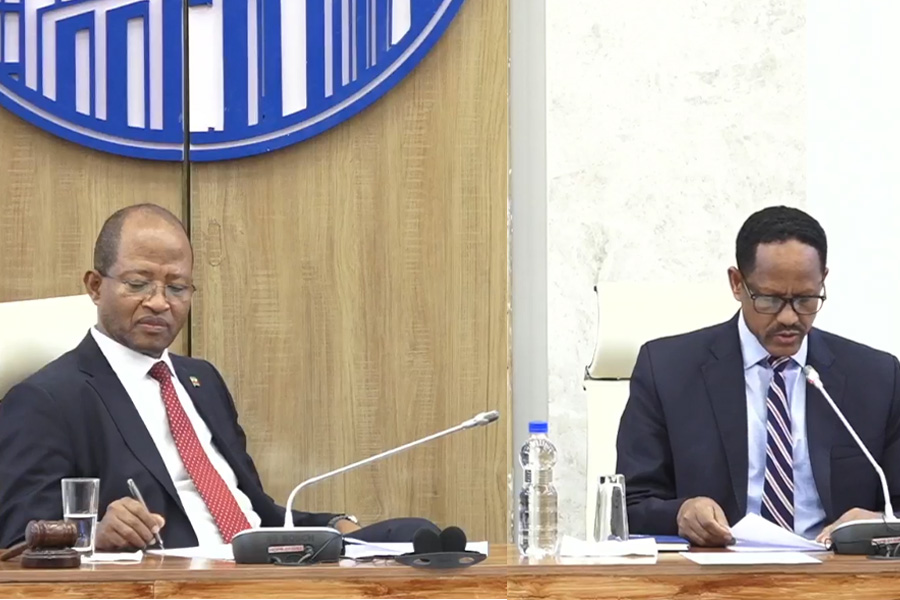
Fortune News | Nov 24,2024
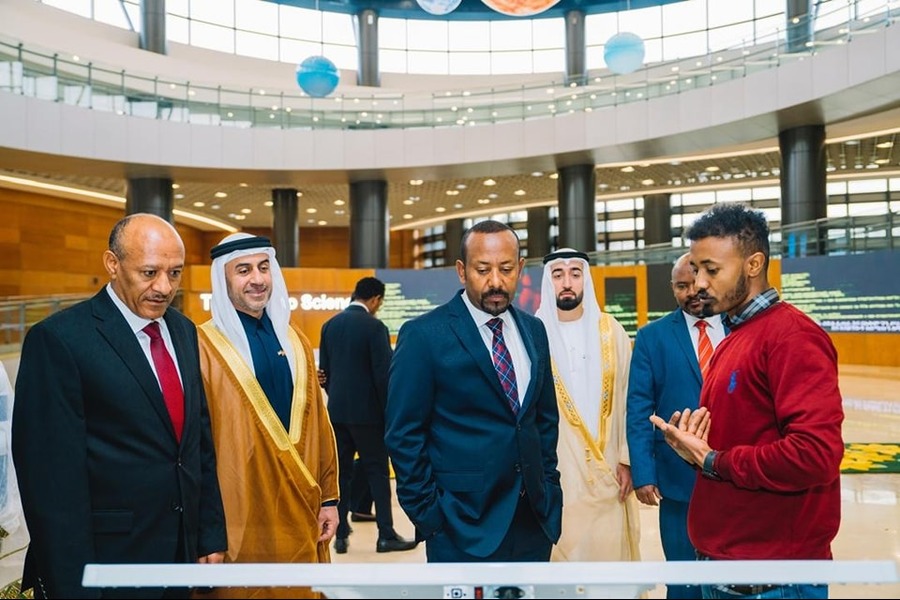
Radar | Jul 28,2024
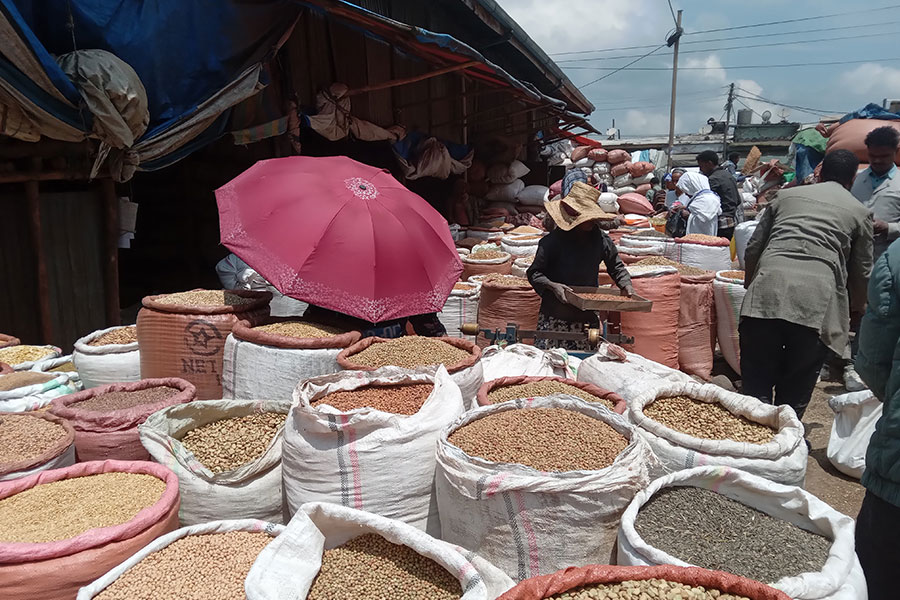
In-Picture | Jun 29,2025

Radar | Dec 01,2024

Editorial | Aug 12,2023

Radar | Jul 13,2024

Advertorials | Jun 12,2023

Commentaries | Jun 14,2025
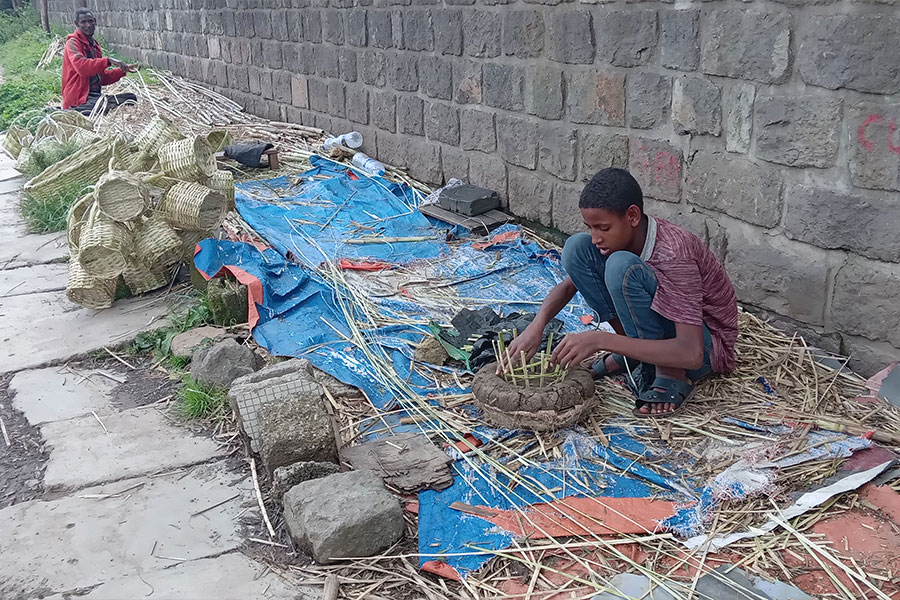
Radar | Aug 26,2023
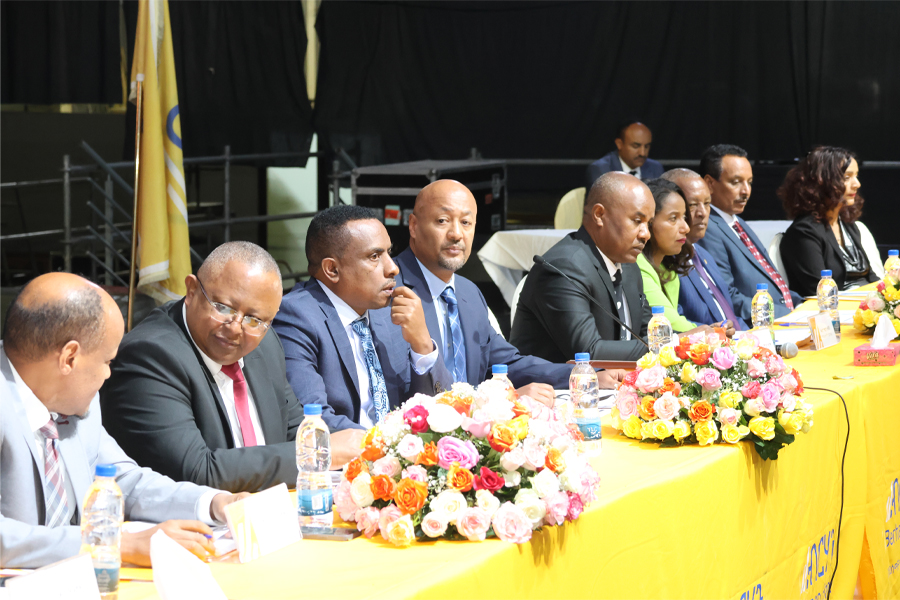
Radar | Oct 20,2024

Dec 22 , 2024 . By TIZITA SHEWAFERAW
Charged with transforming colossal state-owned enterprises into modern and competitiv...

Aug 18 , 2024 . By AKSAH ITALO
Although predictable Yonas Zerihun's job in the ride-hailing service is not immune to...

Jul 28 , 2024 . By TIZITA SHEWAFERAW
Unhabitual, perhaps too many, Samuel Gebreyohannes, 38, used to occasionally enjoy a couple of beers at breakfast. However, he recently swit...

Jul 13 , 2024 . By AKSAH ITALO
Investors who rely on tractors, trucks, and field vehicles for commuting, transporting commodities, and f...

Jun 28 , 2025
Meseret Damtie, the assertive auditor general, has never been shy about naming names...

Jun 21 , 2025
A well-worn adage says, “Budget is not destiny, but it is direction.” Examining t...

Jun 14 , 2025
Yet again, the Horn of Africa is bracing for trouble. A region already frayed by wars...

Jun 7 , 2025
Few promises shine brighter in Addis Abeba than the pledge of a roof for every family...